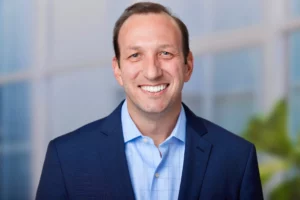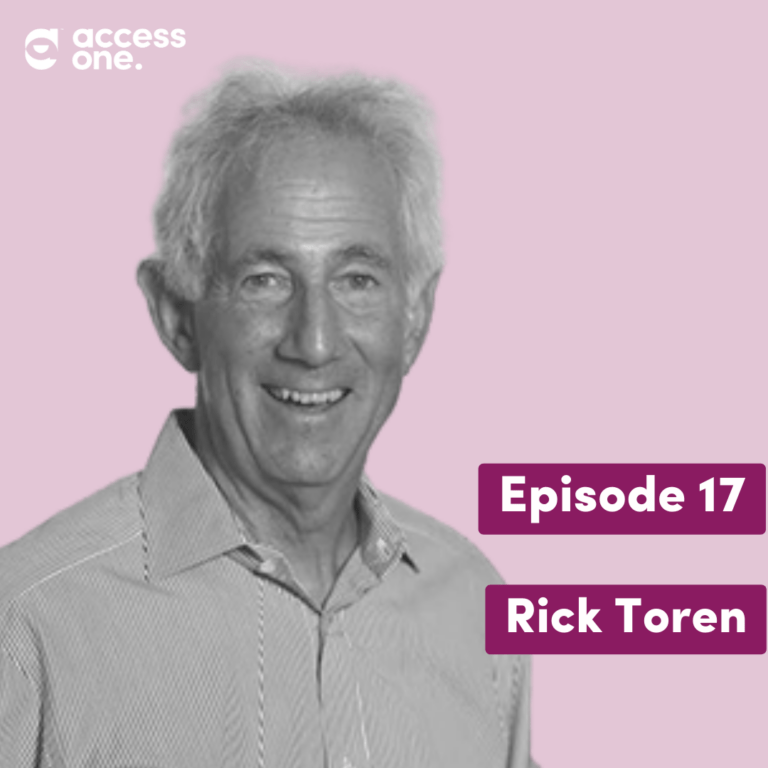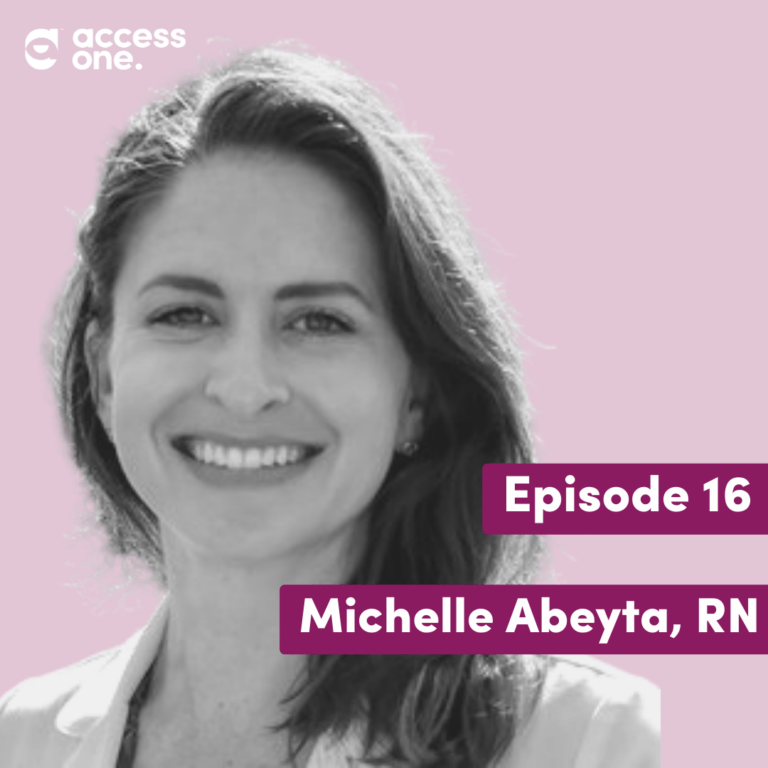When you think of the patient experience in healthcare, it probably leaves a lot to be desired. But when you think about the patient experience, specifically at urgent care locations, it probably makes you think more about other service and customer-oriented businesses like Starbucks or your favorite fast-casual restaurant.
Urgent Care organizations are usually hyper-focused on the patient experience because aside from price that wow customer experience is one of the biggest ways they can differentiate themselves from market competitors.
 “From an operations perspective, the part about urgent care, that is great, but also not so great is the fact that most patients coming in, you have absolutely no idea what they’re coming in for,” says Jeremy Behling, chief operating officer of Next Level Urgent Care, a 30 location business in the greater Houston, Texas area. “The most important part is minimizing wait times to deliver that great experience.”
“From an operations perspective, the part about urgent care, that is great, but also not so great is the fact that most patients coming in, you have absolutely no idea what they’re coming in for,” says Jeremy Behling, chief operating officer of Next Level Urgent Care, a 30 location business in the greater Houston, Texas area. “The most important part is minimizing wait times to deliver that great experience.”
Behling discusses the role of operations on the patient experience, what healthcare can learn from Disney and Lego, why every leader needs to read Dr. Amy Edmondson’s The Fearless Organization in order to build psychologically safe teams that are high-performing, and how vital it is to give teams autonomy to solve problems and make things better for patients.
Listen on: Apple Podcasts| Spotify | Google Podcasts | Overcast | YouTube
Watch Full Episode
Episode Highlights
How Next Level Urgent Care Differentiates Itself
There are a few key areas where Next Level stands out from competitors. The first is around empathy, second is on capping out-of-pocket visit costs for patients, and then, finally while Next Level started as an urgent care company it has significantly expanding into other services lines of business, says Behling.
“Our biggest focus is really just around empathy,” he says, “and being able to have a friendly experience. So we really focus on making sure that our team is completely accountable for delivering a wow experience for those patients.”
At Next Level, patients never pay more than $250 for a visit, regardless of the services rendered. “Organizations are charging a lot,” Behling notes. “And so it happens to be that we compete in this space where we think we can serve [patients] at a very fixed rate. So they know exactly what they’re coming in for and they’re not going to get a surprise bills on the back end.”
Next Level was founded in 2013 by Dr. Juliet breeze as an urgent care organization. In the eight years since its founding, the company has since expanded into lab services, workers compensation and occupational medicine, research, and primary care to be able to focus on employer service.
Enabling Frontline Team Autonomy to Keep Patients Happy
Building relationships with patients, making them loyal repeat customers starts with enabling all teams to have the autonomy and authority to make patients happy. It’s a play straight out of the Ritz-Carlton playbook, says Behling.
“We may not be perfect, but we really want to make sure that we deliver great service,” he says. “And when we don’t, we’re going to make up for it and we’re going to do whatever they have to do to, to make sure that patient walks out happy.”
In practice, that means all employees and teams are able to refund patients if need be, call them to fix any issues, and more.
“We actually have built a very responsive customer service team,” Behling says. “Where we actually have a team that also monitors our customer service issues that may come in through our phone line, through social media, through any sort of a format that could potentially be utilized to be able to share some feedback.”
That team is known internally as the X Team, for its ability to cross out potentially negative experiences.
“If it’s a negative review we’re reaching out to the patient within 15 minutes and resolving it within 30 minutes. We are making sure that those problems are resolved and don’t fester. That they don’t sit around. And we also try to respond to every single patient feedback that we get on social media as well, so that we are always listening.”
On the ambition to resolve customer satisfaction problems, Behling notes that “not everything in healthcare has to take a longtime.”
Every Organization Needs Codified Core Values
Want to really improve the patient experience at your organization? You might want to start with codifying a set of core values. The value system of an organization is really comprised of the people who build the company.
“Unfortunately, many companies also sit in a closed room and have two people just say, all right, what do we believe in?,” Behling says. Next Level decided to find their core values much differently.
Here’s the process they used according to Behling:
- The process was democratic and involved every single employee of the company. It kicked-off with a message for their key core values.
- Employees got together with their cohorts and their facility to come up with a list of five values that represented them. Then, those values were all rolled up to two or three area clinics where all employees voted to narrow the list down. That process continued across the company.
- So out of 500 individual employees, Next Level came up with 23 words or potential core values. From there they selected five core values to represent the company and build their culture around.
Those five core values are: team, integrity, service, care, and innovation.
“We have also spent a lot of time defining those words and making sure that we are living those values,” Behling says. “We can specifically say that integrity means doing the right thing all the time, every time. And that’s how we define it. Right? And caring just means simply that we care for you. We can apply that to how we want to treat each other and how we want to serve our patients.”
While those core values help provide a day-to-day Northstar for Next Level employees, it also helps them hire new talent.
“I know that I’m going to get the same kind of person that is exceptional and wants the same things as we do,” Behling says. “So that really helps us drive what we’re doing and the direction that we’re doing it. We can always recenter ourselves to those core values when we get to a problem as well.”



